Why do insurance rates seem to increase every year?
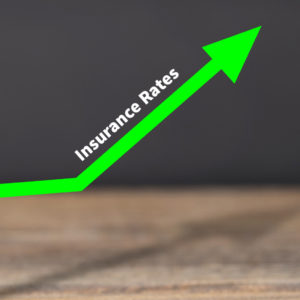 As an insurance I cannot tell you how many times that I am asked why insurance rates go up.
As an insurance I cannot tell you how many times that I am asked why insurance rates go up.
Over the years, this question just wears down insurance agents.
Every week I get gas. Every week I pay a different amount. But I never go in and ask the attendant why gas is 10 cents higher this week.
Every year the cost I pay for most things goes up, I just expect it!
I don’t go in the grocery store and ask the clerk why bread is more than I paid last year.
But, for some reason people always want an exact answer as to why their rates increase.
So, what many agents have as their standard lines are:
- It was a general rate increase, all the companies are taking them.
- Or, they say I do not know, we don’t control the rates they are set by the insurance company and approved by the insurance commissioner.
As a consumer these responses don’t sit well. And they don’t sit well with me either.
You want to know what specifically cause YOUR insurance rate to increase and why did they choose you to have to pay more!
Well, I will try to give you some insight into insurance and why your rates increase.
The first thing is, there is a possibility that you did something to cause an increase in your insurance rates.
One of the following things that you may have done could cause your insurance rates to increase. Did you:
- Move?
- Add a new car?
- Have a claim/accident?
- Have a ticket for a moving violation?
- Pay you premium late to the insurance company in the previous year?
One thing you did was you got a year older, which may have put you in a different rating tier.
Your home and vehicles have also have gotten a year older. So you may be losing the new home or new vehicle discounts that were on the policy.
Some carriers give you a new client discount when they write your policy, This discount usually goes off over the first 2-5 years of the policy. Many companies will add a customer loyalty credit to help off set this, but not all the companies do.
There are some things that you can not control that affects insurance rates.
The cost of claims is always on the rise. Things such as medical costs and costs to repair vehicles.
For auto insurance, the cost of parts has increased dramatically over the past 15 -20 years. In the past, I had a small fender bender and it cost $30 to repair the other guy’s head light. last year, jerry had to replace a headlight and it cost $1,100. The headlights of today are mostly LED and have to be replaced as one unit. There is no more replacing a cover or even a light bulb.
For homeowners insurance, labor cost and the cost of construction products are always increasing. So the cost to replace your roof or siding is higher now than it was a year ago.
On most property policies, the value of the building and contents will increase each year due to amount of inflation in the construction industry.
So, when the dwelling value increases on your homeowners insurance, that automatically increases the coverage amount of your other structures, contents, and loss of use coverages. Those limits are a percentage of the dwelling limit. So increasing the dwelling limit by $20,000 my actually increase your total coverage by $40,000.
Sometimes, the insurance carrier does increase their rates to remain viable. Just like all businesses, the carrier’s cost to do business increases annually.
Can insurance companies increase their rates for no reason?
Insurance is a heavily regulated industry so the carriers can not just increase rates because they feel like it. All rate increases must be approved by the insurance commissioner of each state and the rates must be statistically proven before they can be approved.
There are now hundreds of factors that go into calculating insurance rates. Sometimes, the adjustment of one factor can amend the tier of the policy. So, legitimately there are times when agents really do not know what exactly caused your premium to increase.
Here is another blog we wrote on the subject of increasing insurance rates:
Why are insurance rates increasing so much?
What can Huff Insurance do for you?
Huff Insurance is an independent agency. We work with over 12 insurance carriers.
We have our pulse on the marketplace. We are able to identify when your insurance rate increase is consistent with the marketplace and when it is not.
Reviewing your insurance policy is the first place to start.
Rating factors such as education, occupation, credit score, updates to your home or building, payment history could all affect pricing. We will also review your policies to make sure that you are aware of all available discounts.
By reviewing the account we can ensure that your policies are properly rated and that you are maximizing the discounts that are available with the current carrier.
Should you shop your insurance every year?
Although we have options, it is not always in your best interest to shop your insurance every year.
There are discounts and reward perks such as claims free cash back, discounts, or first accident forgiveness that you may lose or not earn by moving each year.
What is important is to understand the value of the policy that you have and the assurance that you are making the best decision for your family or business.
None of us, including insurance agents, want to pay more for our insurance.
But, we understand that things will go up every year and we just want to know the value of what we are paying for.
Carriers are coming up with new benefits and discounts each year so reviewing them to make sure that you are taking advantage of them is the best way to control your insurance costs. Things like telematics, or renovations discounts, or discounts for sump pump backup or water flow sensors are relatively new, but another way for you to help control your cost.
So reach out to Huff Insurance to review your insurance plan. You can call one of our team members at 410-647-1111.
 Claim Example: During the 50+ mile per hour winds, let’s picture your roof having wind damage that resulted in $25,000 in damage. You go through the claims process and get it settled. You get your insurance claim check from the company. Then, when you look at the check, you see it is payable to you and your bank.
Claim Example: During the 50+ mile per hour winds, let’s picture your roof having wind damage that resulted in $25,000 in damage. You go through the claims process and get it settled. You get your insurance claim check from the company. Then, when you look at the check, you see it is payable to you and your bank.




 As an insurance I cannot tell you how many times that I am asked why insurance rates go up.
As an insurance I cannot tell you how many times that I am asked why insurance rates go up.
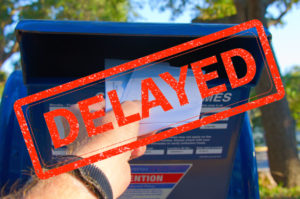 The simple answer to this question is that mail delays can cause your insurance policies to get cancelled.
The simple answer to this question is that mail delays can cause your insurance policies to get cancelled.
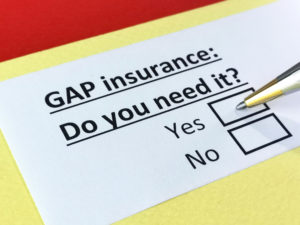 You have a loan on your brand-new car, if you total your vehicle is the insurance company required to pay off your loan? If you do not have GAP insurance, then no, the insurance company is not required to pay off your loan. The insurance company is only required to pay you the actual cash value of the vehicle at the time of loss.
You have a loan on your brand-new car, if you total your vehicle is the insurance company required to pay off your loan? If you do not have GAP insurance, then no, the insurance company is not required to pay off your loan. The insurance company is only required to pay you the actual cash value of the vehicle at the time of loss.
 As a parent myself, I know parents have been known to use mythical characters throughout the year to get their kids to behave.
As a parent myself, I know parents have been known to use mythical characters throughout the year to get their kids to behave.
 We are hearing everywhere that now is a great time to be refinancing your mortgage..
We are hearing everywhere that now is a great time to be refinancing your mortgage..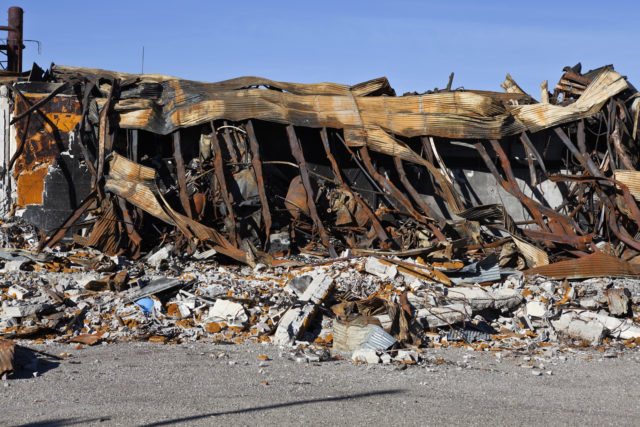
 The times of social unrest were hard on everyone. Including many business owners, who are finding out that the did not have enough insurance coverage for debris removal.
The times of social unrest were hard on everyone. Including many business owners, who are finding out that the did not have enough insurance coverage for debris removal.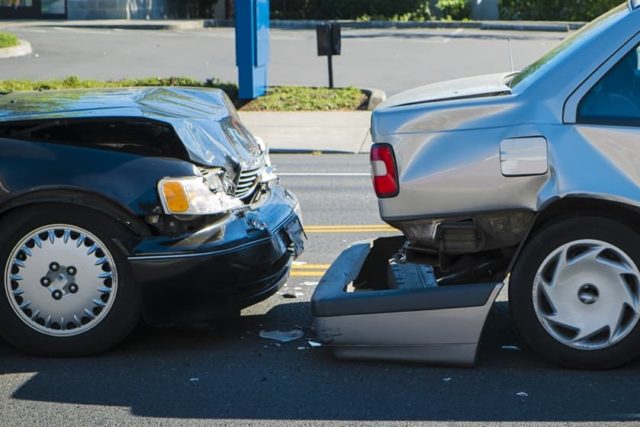
 OH, NO! Someone just hit your car!
OH, NO! Someone just hit your car!